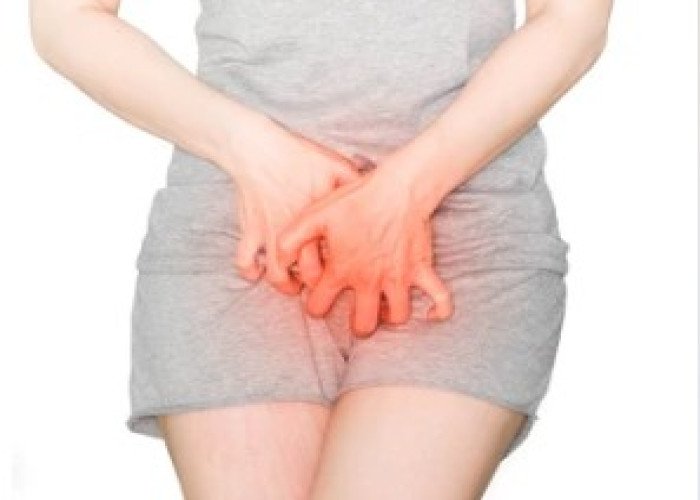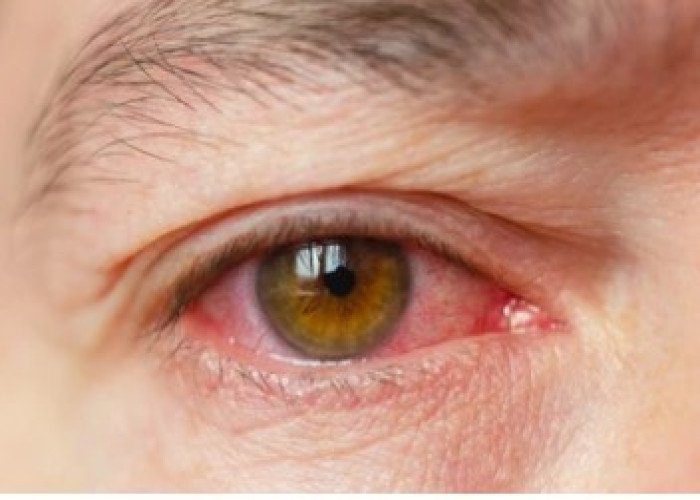 Welcome
Welcome
“May all be happy, may all be healed, may all be at peace and may no one ever suffer."
Urinary incontinence - Homeopathic remedies
Urinary incontinence is a condition characterized by the involuntary leakage of urine. It can occur in both men and women of all ages, but it is more common in women and the elderly.
There are several types of urinary incontinence, including:
- Stress incontinence: occurs when urine leaks due to pressure on the bladder, such as during coughing, sneezing, or physical activity.
- Urge incontinence: occurs when there is a sudden and strong urge to urinate that is difficult to control.
- Overflow incontinence: occurs when the bladder is unable to empty properly and urine leaks out as a result.
- Functional incontinence: occurs when a physical or mental impairment makes it difficult for a person to reach a restroom in time.
- Mixed incontinence: a combination of two or more types of incontinence.
The causes of urinary incontinence can vary depending on the type of incontinence. Common causes include weakened pelvic muscles, nerve damage, hormonal changes, prostate problems in men, and certain medications.
Treatment for urinary incontinence can include lifestyle changes, such as bladder training exercises, pelvic floor exercises, and changes in diet and fluid intake. Medications, such as anticholinergics and alpha-blockers, may also be used to help manage symptoms.
In some cases, surgery may be necessary to correct underlying structural problems or to implant a device that helps control bladder function.
If you are experiencing symptoms of urinary incontinence, it is important to speak with your healthcare provider to determine the underlying cause and to develop a treatment plan that is right for you.
Penis is small in size

Vaginal itching

Talkative

Rheumatism

Acne

Leprosy

Eye inflammation

Whitlow
Urinary incontinence, মূত্ৰকষ্ট
To be happy, beautiful, healthy, wealthy, hale and long-lived stay with DM3S.
